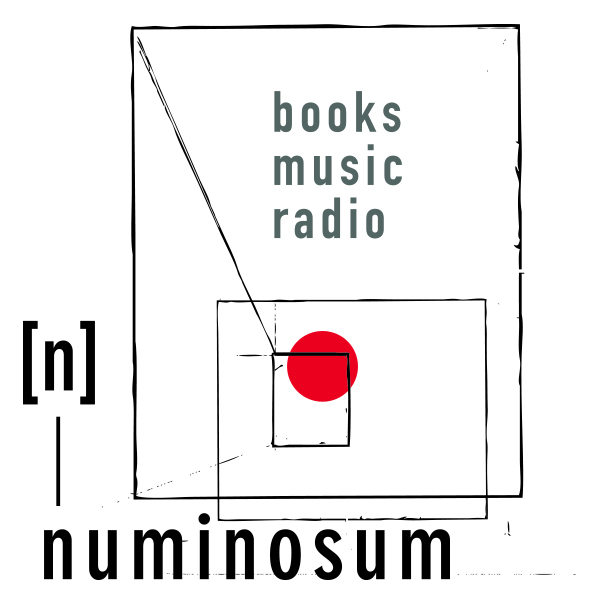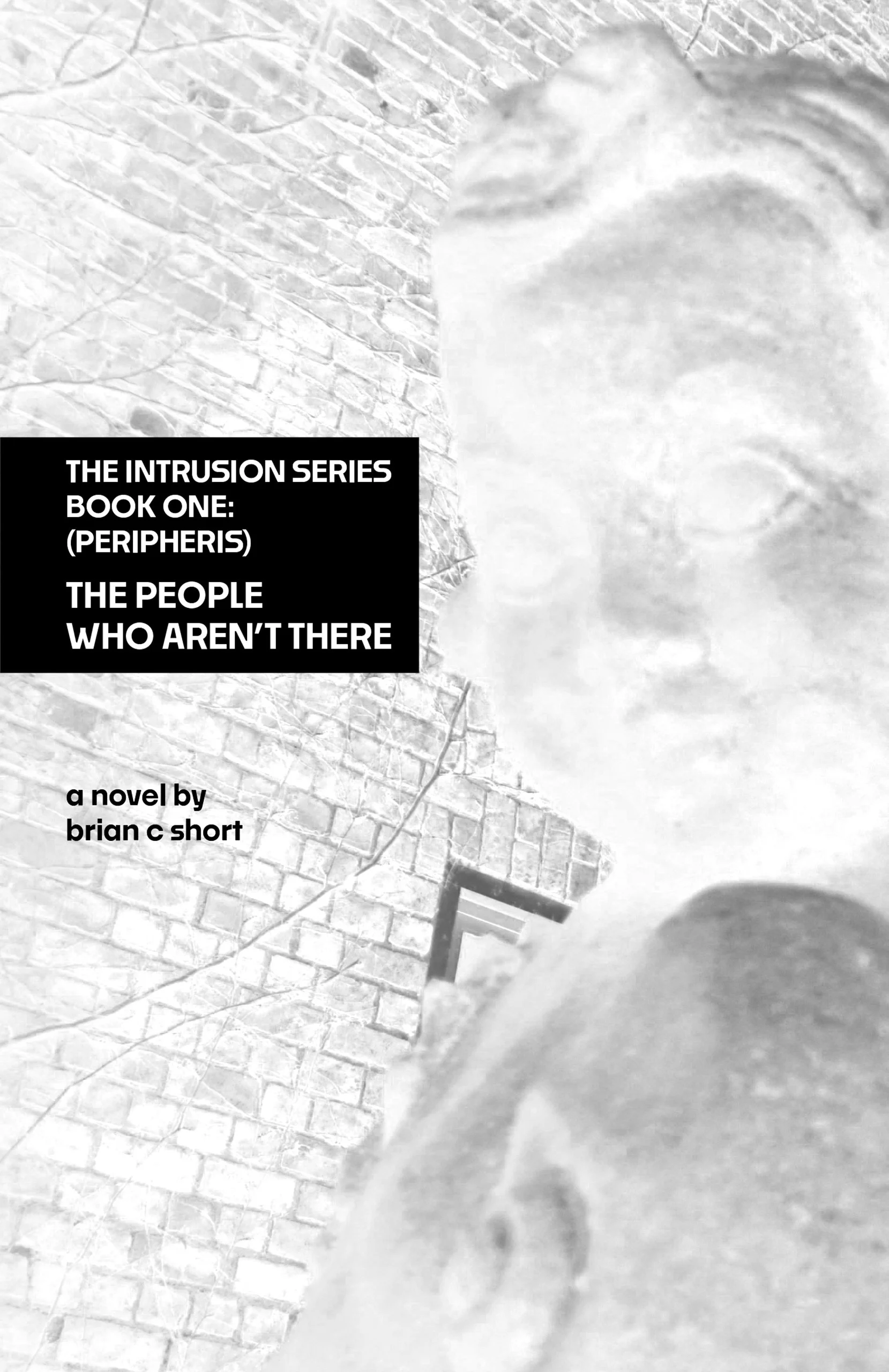Books
(Peripheris) The People Who Aren’t There
The Intrusion, a metaphysical zone of temporal anomaly, occupies a single neighborhood of metropolitan Seattle. How it came to be is unknown – perhaps as the result of technological experimentation by the Morgen Aerospace Corporation, working on behalf of the defense industry, perhaps through the intervention of non-human intelligences that are ubiquitous but hidden – but within it, the rules of physics and the rules of the psyche are subtly different. It appears that a divergent historical timeline or parallel dimension has been transposed into this one, specific zone surrounding Morgen Airfield. Those who visit from outside might meet their doubles in this place, should their otherSelves – differently affected, differently developed – happen to have been in the neighborhood at the time of the Change.
Such is the case for Joe. Beleaguered by his struggling grocery business and a loveless marriage, living within a near-deserted city that has been psychologically and economically wrecked by the Change, he finds a version of himself as citizen of the Intrusion who seems to live a more full and authentic life, who is well-adapted to the bizarre conditions of his own world, but who utterly baffles Joe number one.
As circumstances at home rapidly unravel, this Joe choses to take refuge in the only place he feels he might be suited to. But it’s not as if conditions in the Intrusion are intrinsically better, nor are the rules of survival clear in this place either. Only different, only other – where the influence of something which may or may not come from another world entirely is more in evidence…
Eating Gods: Encounters With The Vine of The Dead (A Memoir)
Part travelogue, part introspective journey into the psychological shadow-realm of dreams, illusion and ecstatic healing, novelist and memoirist Brian C. Short describes, in intimate yet concise detail, his encounters with ayahuasca, the Vine of the Dead, in the Peruvian Amazon. After more than thirty years of strict sobriety, there seems much that could be sacrificed – but perhaps also profound spiritual experience to be had, and from it much to be gained. Under the facilitations of Shipibo shamans and a coterie of assistants, the medicine’s animating intelligence not only reveals hidden corners of the psyche, but works to address the old, old wounds to the spirit which remain unhealed. EATING GODS is a first-person evocation of that process, of what becomes a conversation with that animating spirit itself.
Following upon The Seventh Dead: The UFO and The Underworld, EATING GODS is a further exploration of the ambiguous character, both of the mind itself, and of that which appears as ‘other’ at its conscious and hypnagogic thresholds. It is an ongoing inquiry into the nature of both the strangeness and ultimate familiarity of a type of interspecies relationship, and the ongoing conversation with one’s own depths, attempting to avoid the trap of taking either too literally, but rather to walk the razor’s edge of a deep, generous liminality.
The Seventh Dead: The UFO and the Underworld (A Memoir)
by Brian C. Short
The Seventh Dead is, on the face of it, a memoir of paranormal experiences, particularly surrounding UFO encounters and anomalous phenomena. On a deeper level, it explores the implication – arising out of these phenomena themselves – to burrow through the shadow aspects of the author’s own psychology, approaching that of a more collective or archetypal nature. In it, Brian C. Short examines the results of several hypnosis sessions undertaken to inquire into unusual experiences consciously recalled – experiences which often implied a deeper involvement than could be remembered – all the while maintaining an attitude of skepticism and reverence for the ambiguity of these resultant images. They are taken as “psychic fact” rather than literally so. That is the key to this approach: he is not trying to conclude anything about UFOs or so-called aliens, but to explore some of the questions – which seem inherently psychological – this subject raises, not only about the figure of the “alien” itself, but of the realm of fantasy and imagination it traverses, sometimes into apparent reality, and toward where it leads, the deeper aspects of mind. Neither does he dismiss the alien as unreal, as it appears to have agency and intelligence quite apart from, and more far-reaching than, Brian’s own. It is as honest an account of the phenomenon, and its fundamental role in the shaping of his life, as the author can give.
New People of the Flat Earth
by Brian C. Short
A man chases after a mysterious metal object that may not even exist — and his journey leads him on to ever-greater levels of madness, dissociation, and metaphysical conundrums.
After ten years in a Zen monastery, Proteus knows it's time to leave. A troubled, solitary man, he knows what he seeks is not to be found sitting in meditation. His problem is that, during his time at the monastery, he's discovered something strange inside his mind: the ability to connect with a mysterious, silent, metallic spherical object he calls Mosquito. His connection to this possibly extraterrestrial object, which seems to dwell on an existential plane of its own, gives Proteus a flimsy sense of purpose. So when Mosquito abruptly disappears one day, Proteus can't bear the loss, and he sets off in pursuit of answers.
Thus starts a surreal, philosophically maddening quest for meaning. Chasing the elusive Mosquito leads Proteus to in-between worlds where things do not quite hold together, and where the living and the dead must learn to live in and out of the boundaries of time. The further he gets from sanity, the closer he comes to something that may turn out to be wisdom.
Playful but unapologetically challenging, New People of the Flat Earth is a breathtakingly original novel that defies categorisation or summary.




